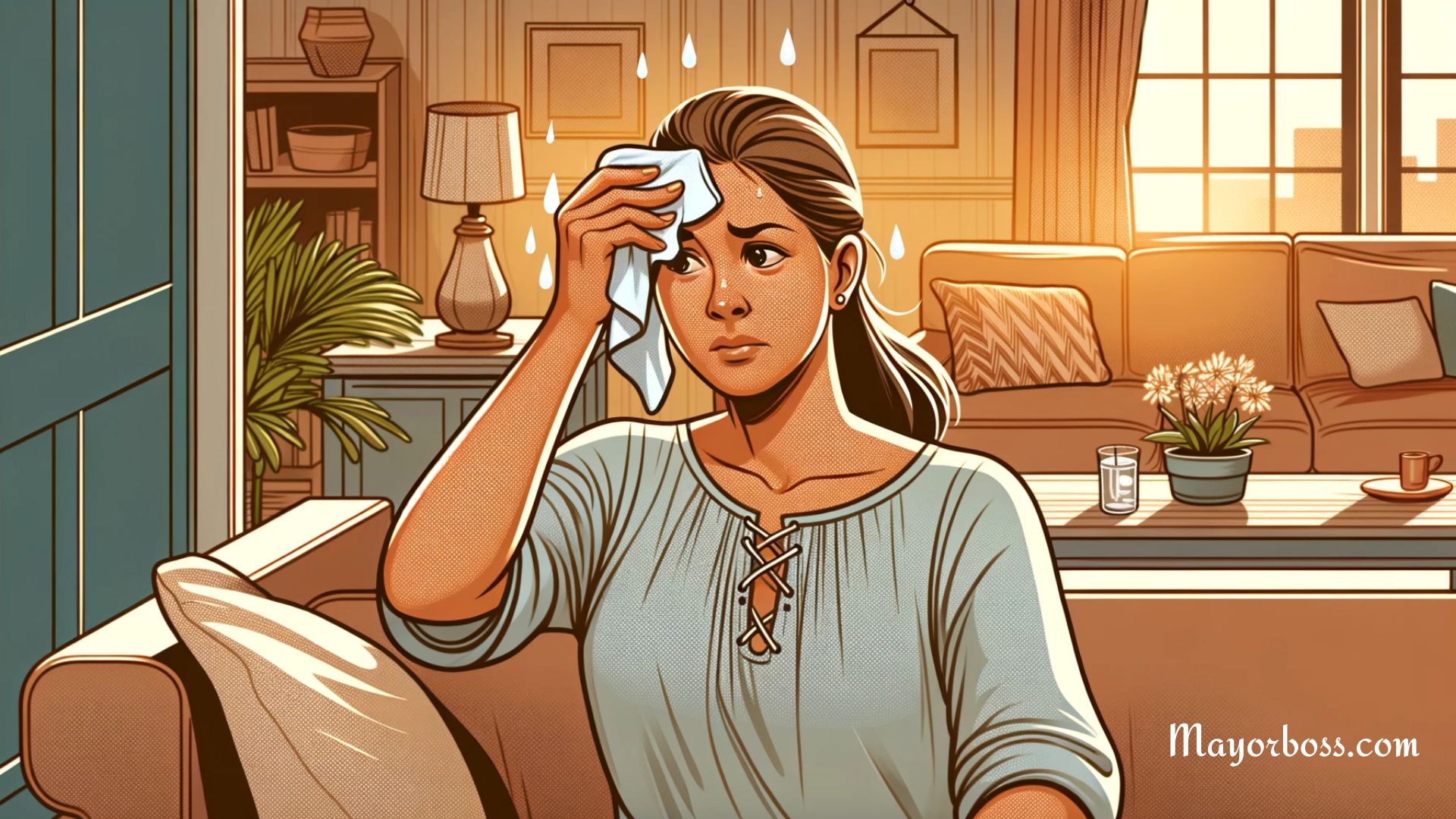Early Signs and Symptoms of Liver Disease to Take Seriously
Liver disease is a serious condition, subtly revealing itself through a variety of signs and symptoms. According to American Liver Foundation, the U.S. sees approximately 4.5 million adults diagnosed with chronic liver disease each year. Unlike the cinematic portrayal of sudden, severe pain or extreme discomfort, many early signs of liver disease are not that apparent.
The primary symptom we associate with liver disease is a sharp or throbbing pain in the upper right section of the abdomen. You might have heard the phrase, “like someone punched me in the liver.” However, this is not always the case.
Some individuals might observe warning signs days or even hours before more critical symptoms occur, explains family doctor Natalia Hapych, MD. These early signs may be more subtle than you think.
Recognizing early liver disease symptoms could potentially save your life or the life of someone around you. Dr. Hapych provides valuable advice to help you identify those at risk for liver disease, understand early warning signals, and know when to seek treatment.
Liver Disease Warning Signs
Liver disease is primarily a result of toxins damaging the liver or other issues that prevent it from working correctly. In its early stages, you may not experience any symptoms. However, as the condition progresses and the liver becomes more damaged, signs start to show.
While some symptoms are sudden and explicit, making you think about liver disease, other signs are more insidious, states Dr. Hapych. They are not apparent and can easily be confused with less serious conditions.
Here are some common early warning signs of liver disease that may not seem critical initially but should not be ignored:
- Fatigue and weakness.
- Loss of appetite, leading to weight loss.
- Nausea or vomiting.
- Mild abdominal pain or discomfort over the liver — right upper abdomen.
- Yellowing of the skin and the whites of the eyes (jaundice).
- Dark urine color.
- Pale stool color or bloody or tar-colored stool.
- Swelling in your legs and ankles.
- Itchy skin.
Liver Disease Signs in Different Populations
Liver disease can affect anyone, regardless of age, sex, or health status. Certain groups of people may experience different symptoms.
People who consume large amounts of alcohol or have a history of alcohol abuse are more susceptible to liver disease, especially alcoholic hepatitis or cirrhosis. Obesity, exposure to certain toxins and chemicals, and having certain genetic disorders or autoimmune diseases can also increase the risk of developing liver disease.
Are You at Risk of Liver Disease?
While liver disease can strike anyone, certain conditions and lifestyle choices heighten your risk. You may be more likely to develop liver disease if you:
- Are heavy drinkers.
- Have a close relative who has or had liver disease.
- Are obese or overweight.
- Have hepatitis B or C.
- Have autoimmune diseases.
- Have been exposed to certain chemicals or toxins.
If you fall into any of these categories, you should be extra vigilant if you experience any symptoms that could be related to your liver.
“Quick diagnosis is critical in managing liver disease and preventing severe damage,” Dr. Hapych advises. “You must listen to your body and seek care promptly.”
What to Do If You Suspect Liver Disease
Many people who experience early liver disease signs often hesitate to visit a hospital. After all, fatigue, nausea, or mild abdominal discomfort could have numerous, less severe causes. But if there’s even a slight chance you’re dealing with liver disease, Dr. Hapych says you should not hesitate to seek professional medical advice.
Prompt action is necessary to prevent further liver damage and ensure the best possible outcome. The longer liver disease goes undiagnosed, the more damage it can do.
“Early detection is key,” Dr. Hapych emphasizes. “The sooner your doctor starts treatment, the better your outcome.”
If you believe you’re experiencing signs of liver disease, it’s best to consult a healthcare provider promptly. They can perform tests to determine whether you have liver disease and how severe it may be.
Further Reading: 6 Simple Ways to Detox Your Liver






